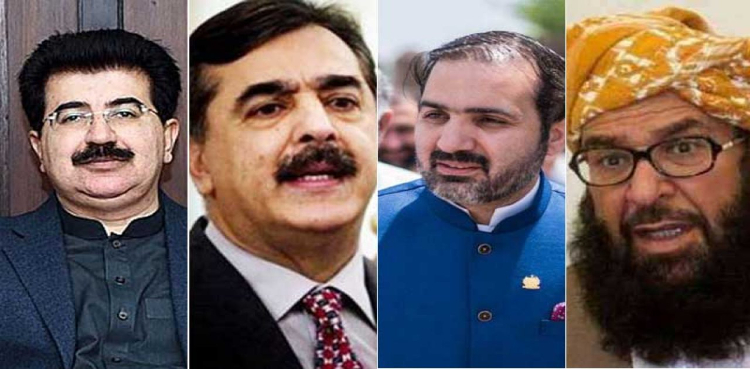An Indian rocket carrying a new Earth-observation satellite failed to launch earlier today due to an anomaly in the cryogenic stage, reported Space.
The rocket was carrying an Earth-observation Satellite of the Indian Space Research Organisation (ISRO).
The rocket was launched earlier today from Satish Dhawan Space Centre on Sriharikota Island in eastern India at 5:43 a.m. local time. The launch failed sometime after the six-minute mark.
The ISRO chair K Sivan said in a statement that the launch could not be fully accomplished due to a technical difficulty observed in the cryogenic stage.
The Earth observation EOS-03 satellite was lost alongside the GSLV rocket. The satellite was meant to be a tool for ISRO to study the planet, expected to last 10 years and providing real-time images of India to track natural disasters and short-term events. The satellite would have collected data to assist agriculture and forestry departments by monitoring crop health.
The rocket launch failure is one of the first since 2017, effectively breaking the streak of 14 previous successful launches, the launch tracking site Spaceflight Now reported.
In 2017, a smaller Polar Satellite Launch Vehicle carrying a satellite for the Indian Regional Navigation Satellite System had failed. The 017 failure had been a first for India in 20 years, according to Space News.
2020 was a taxing year for India’s rocket launches. In January 2020, India launched EOS-01 after which the launches were put on hold due to the COVID-19 pandemic. Launches were resumed later that year with one mission in November and another in December.
Delays because of the pandemic prompted ISRO to schedule the launch of E0S-03 ahead of the EOS-02 mission, re-scheduled for September 2021.
ISRO had been planning to launch at least four more missions before 2021 ended, a report by the Indian Express news site stated.
The up-coming five missions are suspected to be put on hold as India investigates the cause of the GSLV launch failure.


















































